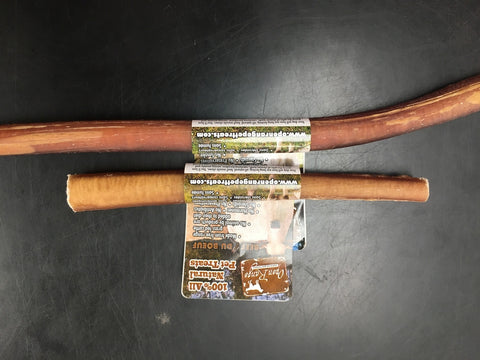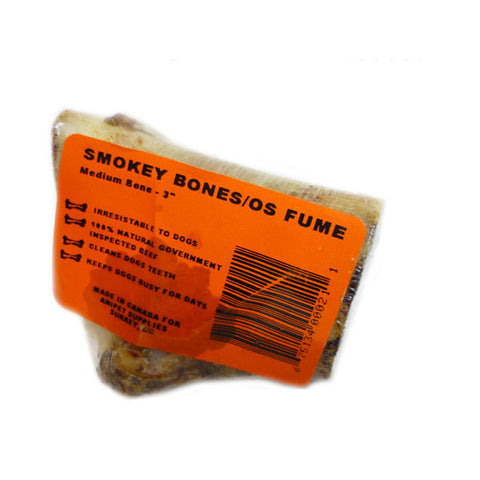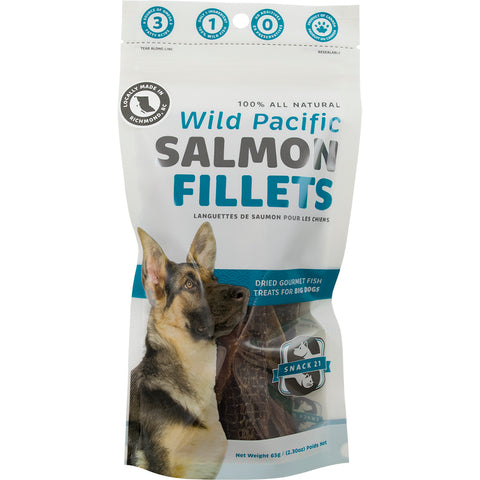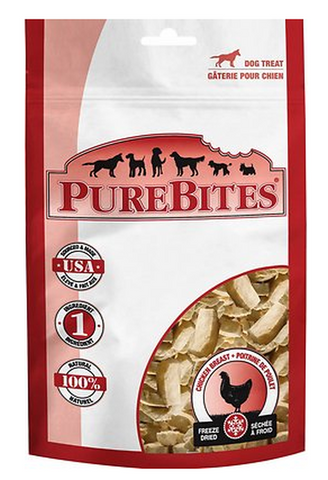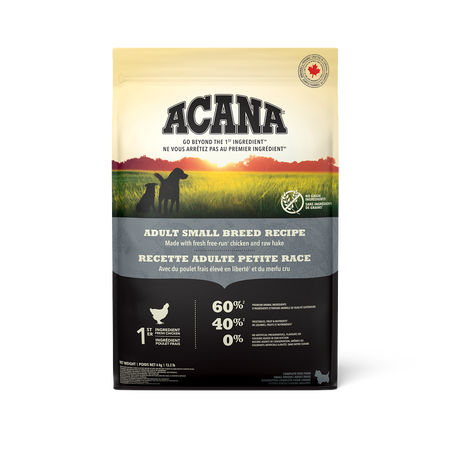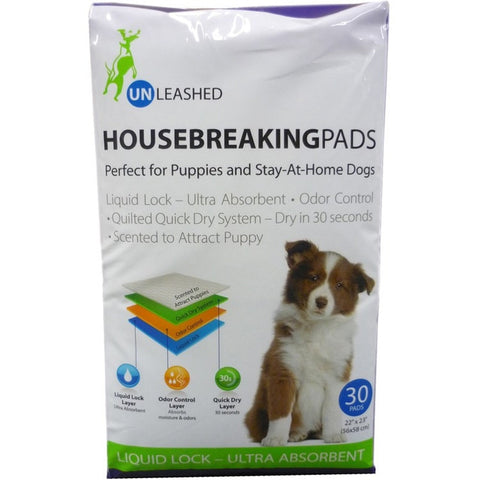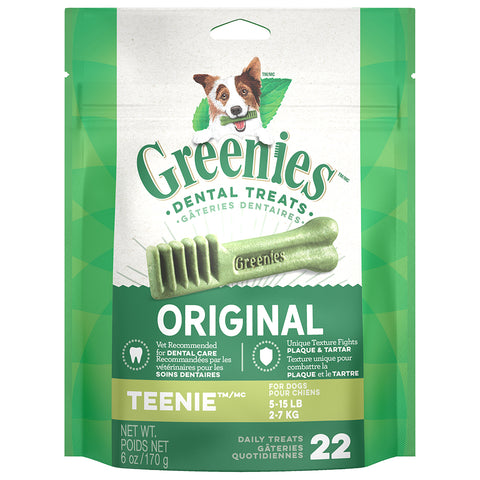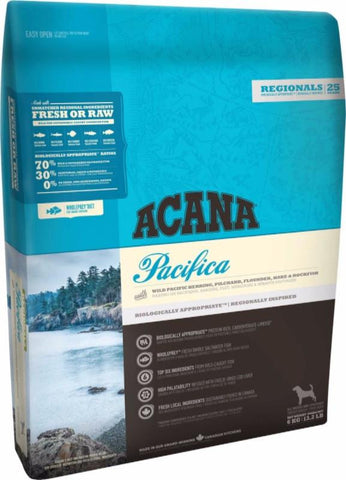EVERYDAY RAW™ (formerly No Frilz) is formulated for adult AAFCO standards. Please see Feeding Guidelines for instructions for puppies.
Beef contains the powerful antioxidant glutathione and several important minerals and vitamins including calcium, copper, iron, magnesium, manganese, potassium, phosphorus, selenium, zinc, vitamins B2, B3, B5, B6 and B12. Cobalamin (vitamin B12 is only provided by meat). Beef is also a source of L-carnitine which transports fats to the mitochondria for burning. L-carnitine isn’t considered one of the essential amino acids because your dog’s liver can synthesize it but research suggests that consuming it may have added benefits including a reduction in heart disease. Lastly, beef gives your dog access to the amino acid carnosine which reduces inflammation in the body and boosts immune function.
Poultry provides several key whole food ingredients. Because poultry bones are small and hollow, they can be ground down into the food. Bones are the number one source of calcium in the canine raw diet and it’s essential to include bones in some form. Poultry ground with bone is great for pets of all life stages to ensure healthy bone growth and maintenance, nervous system health and much more. Chicken is high in omega fatty acids, calcium, phosphorus, magnesium, glucosamine, chondroitin, and vitamin B5, B6 and niacin. These nutrients are important for musculo-skeletal health, hormone regulation, immune health and cardiac health.
Red, yellow and green veggies are a great source of antioxidants and phytonutrients for your pet. Ours are blended for maximum absorption.
75% MEAT AND ORGAN / 25% VEGGIES
Chicken (meat and bone), beef heart, beef liver, celery, blueberries, bok choy, beef kidney, butternut squash, sunflower seeds, black soldier fly larvae powder, kelp powder.
SUPPLIER / INGREDIENT DETAILS
| Ingredients | Origin | Details |
| Beef meat | Canada (BC) | Humanely raised without hormones |
| Beef organs | Canada (BC) | Humanely raised without hormones |
| Chicken | Canada (BC) | Humanely raised without hormones |
| Vegetables | Canada (BC) |
Our goal is to ensure all animals are treated with respect. We source from suppliers that raise their animals without antibiotics but may administer antibiotics for welfare reasons in the rare event that an animal gets ill.
HOW MUCH TO FEED YOUR DOG
The table below provides a starting point, to be adjusted as needed to maintain optimum weight and peak conditioning. For best results, we recommend feeding red meat meals in rotation with poultry and fish, and adding fresh wild salmon or cod liver oil before serving.
DAILY FEEDING GUIDE
| Life Stage | Amount* |
|---|---|
| Puppy | 6-10% |
| Small Breed | 3-5% |
| Athlete | 4-6% |
| Adult | 2-4% |
| Senior | 2-3% |
*As a percentage of body weight
SUPPLEMENT RECOMMENDATION FOR PUPPIES
- Sodium, Iron, Copper, Zinc and Vitamin D and E
Species-Appropriate Food Sources for Each:
- Sodium: kosher sea salt or Himalayan salt – ¼ tsp / lb
- Iron: Dehydrated liver treats, canned sardines packed in spring water (not oil) and oysters
- Copper: Oysters, spirulina (be sure it’s organic and tested for toxins and heavy metals), shiitake mushrooms (dried or fresh), almond & cashew butter and dark leafy greens like beet tops and spinach.
- Zinc: Canned sardines packed in spring water (not oil) and oysters, organic eggs, ground pumpkin seeds, & cashew butter
- Vitamin D: Oily fish (sardines, mackeral and herring) and organic/free-run egg yolks
- Vitamin E: Organic sunflower seed oil and almond butter
SAFETY & HANDLING INSTRUCTIONS
Keep product frozen until ready to use. Defrost package in a leak-proof container (reduces the risk of cross contamination!) and leave in the refrigerator for 24 hours, or until soft through. We recommend serving in a stainless steel bowl as it is easier to clean, and does not have surface pores that may collect bacteria. Partially eaten food should be put back into the refrigerator after 20 minutes. Wash hands, utensils and all contact surfaces with soap and hot water.
*Poultry should not be kept longer than 2 days.
*Red meats & fish should not be kept longer than 3 days.
Calculate your pet's daily food requirements using our FREE Feeding Guide!





